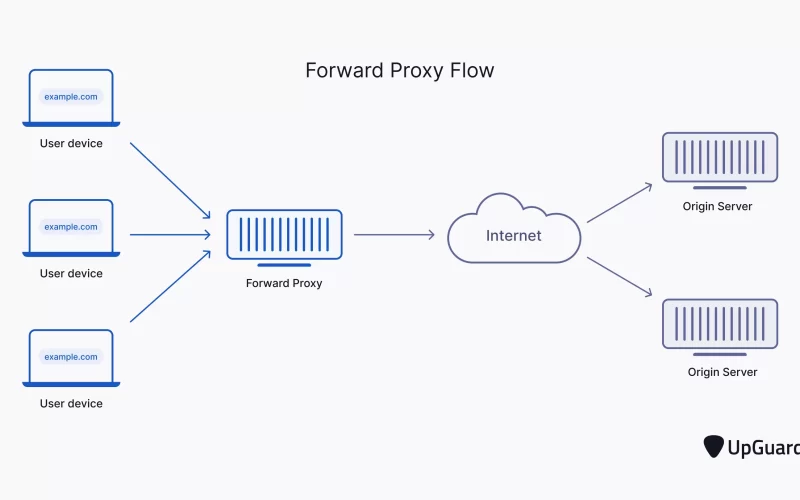Table of Contents
What is a Static Proxy Server and What are Its Benefits?
A static proxy server is a type of proxy server that provides a static IP address to the usr. This type of proxy server is beneficial for businesses and individuals who need to access websites or other online resources from different locations. Static proxies can provide an additional layer of security by hiding the user’s IP address, which can protect against malicious activities such as hacking or data theft. Additionally, they can also help with bypassing geo-restrictions and content filtering. Furthermore, they offer faster connection speeds compared to other types of proxies due to their dedicated IP address. As such, a static proxy server can be an invaluable tool for anyone who needs secure and reliable access to the internet.
How to Set Up a Static Proxy in 3 Easy Steps
Setting up a static proxy is an important task for anyone who wants to protect their online privacy. A static proxy allows you to control who can access your web traffic, and it also helps you bypass restrictions that are set by your ISP or other organizations. Such proxies provides proxy-sale.com/en/, for example. In this article, we will discuss how to set up a static proxy in 3 easy steps. We will cover the basics of setting up a proxy server and how to configure it for maximum security. We will also discuss the different use cases of a static proxy and how it can be used to protect your online activity from prying eyes. By the end of this article, you should have all the information you need to set up and configure your own static proxy server.
Why Your Business Needs a Static Proxy Server & the Different Types Available
A static proxy server is an important tool for businesses that need to protect their online presence from cyber threats, data breaches, and other malicious activities. It is a secure connection between two or more computers that allows them to communicate without being exposed to external threats.
Static proxy servers offer a range of benefits for businesses, including enhanced security, improved performance and scalability, increased privacy and anonymity, and reduced latency. There are several types of proxies available for businesses to choose from depending on their needs. These include shared proxies, dedicated proxies, residential proxies, VPNs (Virtual Private Networks), and Tor (The Onion Router). In this article we will explain the different types of static proxy servers and the advantages they offer your business.
What Are The Security Risks Associated With Using A Static Proxy Server?
A static proxy server is a type of proxy server that provides a fixed IP address for each user. It is used to hide the user’s real IP address and location, as well as to bypass geo-restrictions. While it can be beneficial in some cases, there are certain security risks associated with using such proxies.
These security risks include exposing personal data, potential malware attacks, and other threats such as man-in-the-middle attacks. In addition, since the same IP address is being used by multiple users, it increases the chances of hacking attempts or other malicious activities. It is therefore important to be aware of these security risks when using a static proxy server.
How to Monitor & Optimize Your Company’s Network Through A Static Proxy Server
A static proxy server is an essential tool for monitoring and optimizing your company’s network. It allows you to monitor the traffic on your network, identify any potential threats, and take action to protect your data from malicious actors. Additionally, you can use the proxy server to optimize your network by controlling which websites are accessible and which are blocked. By using a static proxy server, you can ensure that only authorized personnel have access to sensitive information. This helps keep your company’s data secure and protected from unauthorized access.

fncbx7